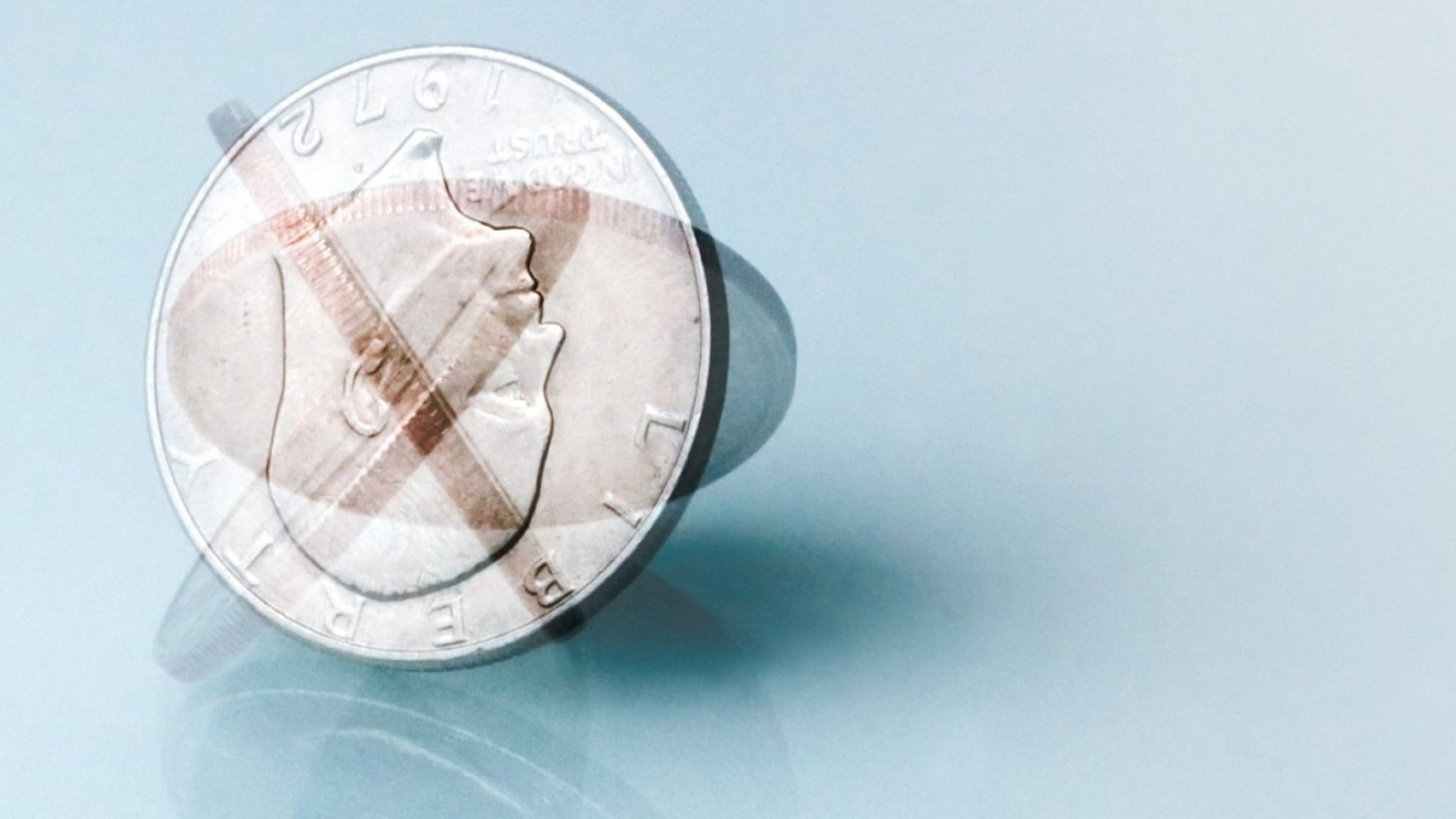
The UK bank has teamed up with IBM on quantum computing use case experiments in financial services. Liz Lumley reports.
HSBC has signed a three-year deal with IBM that will allow the bank to embark on a series of experiments to develop use cases for quantum computing in financial services.
As part of the relationship, the UK bank will join the IBM Quantum Accelerator programme, giving it access to the tech firm’s quantum computing hardware, including its recently announced 127-qubit processor, Eagle, as well as quantum expertise, to help validate and progress potential quantum use cases.
According to Steve Suarez, global head of innovation, global functions, HSBC, the bank will explore the use of quantum computing for pricing and portfolio optimisation to advance its net-zero goals, and for risk mitigation, including identifying and addressing fraudulent activity. He says that the bank will upskill colleagues in quantum technology through internal training programmes, as well as actively recruiting quantum computing research scientists, to build a dedicated capability within its innovation team.
This agreement with IBM will be HSBC’s first formal foray into the burgeoning world of quantum computing, having previously conducted a few experiments on a “volunteer basis”, says Mr Suarez.
“The bet we’re making is that quantum advantage [the point at which it could solve a calculation that no traditional computer is able to] will be achieved relatively soon, and we will be able to upskill our people and be ready for it,” he adds. “We want to make sure that once it’s ready, we’re ready with the right resources in place.” He admits that when quantum computing first started making inroads at various industries he was “a bit of a sceptic”, but now believes that “what we want to do is be ready for it now, both from an opportunity perspective and also a risk perspective”.
According to Richard Hopkins, cloud engineer and senior quantum ambassador at IBM: “It’s this area that is really firing the imagination of today’s students and teenagers … I think it’ll be a real draw to the companies that take the lead in this.”
Analyst firm CB Insights has assessed the increase in computational power from the use of qubits, the quantum version of bits used in classical computing. They make use of a quantum mechanical phenomenon called superposition, where some properties of a particle – such as the angle of polarisation of a photon – are uncertain until they are measured. In this scenario, each possible way these quantum properties could be observed has an associated probability. This effect is a bit like flipping a coin. A coin revealed to be heads or tails when it lands, but while in the air it has a chance of being either.
Quantum computers conduct calculations by manipulating qubits in a way that affects these superimposed probabilities before making a measurement to gain a final answer. By avoiding measurements until an answer is needed, qubits can represent both parts of binary information, denoted by 0 and 1, at the same time during the calculation. In the coin-flipping analogy, this is like influencing the coin’s downward path while it is in the air, that is, while it still has a chance of being either heads or tails.
According to CB Insights, the Royal Bank of Scotland, Commonwealth Bank of Australia, Goldman Sachs and Citigroup have all invested in quantum computing start-ups.


